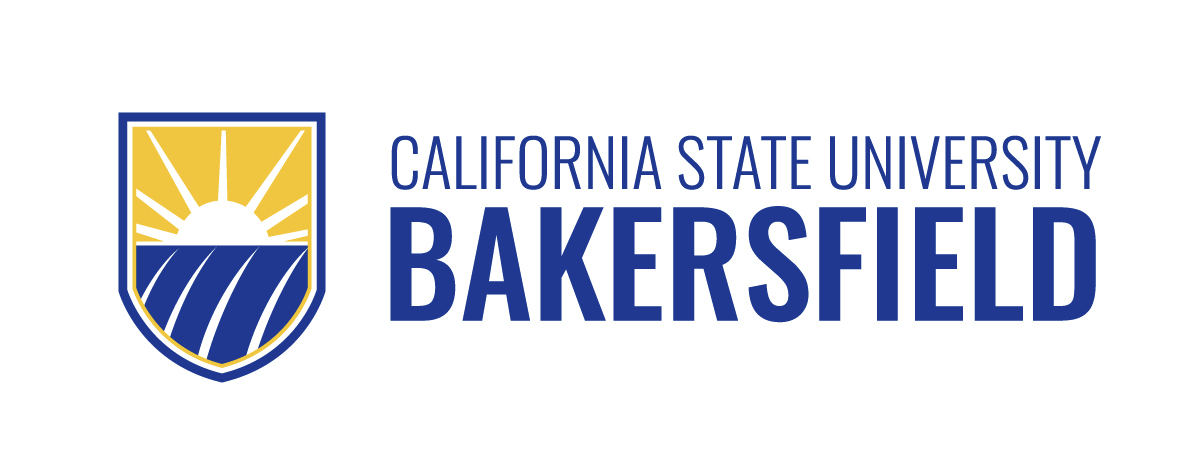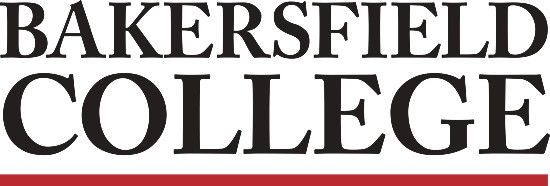California Dreamin': Migration, Work, and Settlement in the Other California
A National Endowment for the Humanities Landmarks in American History and Culture program. This project will bring together 72 teachers from across the United States to have a resident learning experience at CSU Bakersfield to learn about the diverse history of migrant agricultural labor history in California's San Joaquin Valley.
Please Check Out Our Project Commercial for Summer 2025 Below!
Migration, Work, and Settlement in the 'Other' California
From the exhausted hope of the Joads to the tenacity of Cesar Chavez; from the austere Garveyian self-reliance of Allensworth to the lyricism of the Bakersfield Sound, very few locales have captured the promise, struggles, and artistry of Rural America more than California's San Joaquin Valley. At this crucial American crossroads of urban-rural divides and racial reckoning, the San Joaquin Valley demonstrates the extent that the historic, literary, and musical wealth of Rural America has been stitched together by a truly multi-ethnic and multi-racial mosaic of Americans united in their pursuit of the American Dream.
This week-long Landmarks of American History and Culture workshop for K-12 teachers will run twice from Sunday-Friday on July 6-11, 2025 and July 20-25, 2025. Each program begins Sunday evening and lasts through midday on Friday. The program explores the diverse multi-ethnic history of agricultural labor and migration in the southern San Joaquin Valley from the early twentieth century through the era of the farm worker movement. Four principal historic landmark sites frame the learning experience, including: Allensworth State Historic Park, located 10 miles northeast of Delano, California; the historic Sunset Labor Camp in Arvin, California; various sites associated with the farm worker movement in Delano, California; and the National Cesar Chavez Center in Keene, California, located 30 minutes east of Bakersfield in the Tehachapi mountains. These four historic landmarks sites surround California State University, Bakersfield, the host for our resident learning program. Through readings, films, and primary source documentary material related to each location's deep history, participants will explore the unique contributions of African Americans, Filipino Americans, ethnic Mexicans, and Dust Bowl "Okies" in the making of America's most productive agricultural region in the heart of California's Central Valley.
With Support From:



"Any views, findings, conclusions, or recommendations expressed in this website, do not necessarily represent those of the National Endowment for the Humanities."
The National Endowment for the Humanities: Democracy demands wisdom